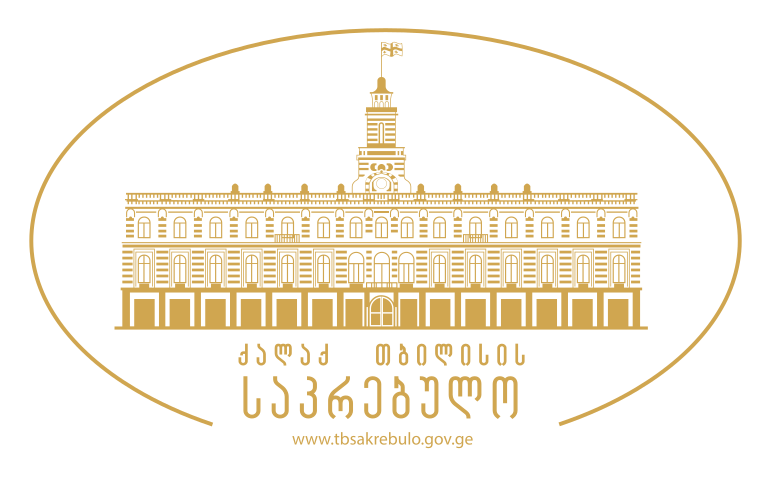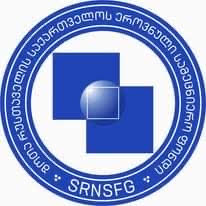039 - Futures for Comparative Literary Research
Organized by: ICLA Research Development Committee, Prof. Matthew Reynolds
English
This proposal for a series of sessions comes from the ICLA’s Research Development Committee (Chair: Matthew Reynolds). The aim is to identify the most urgent questions facing comparative literature as a discipline, and to explore ways of addressing them, with an emphasis on practices, language(s) and meta-language(s), and institutional formations. Members of RDC will establish some initial lines of enquiry, and present their ideas about them, as follows:
Sowon S. Park will focus on minoritization, asking how 'minor' literatures and languages might play a more active role in refiguring naturalised notions of the universal.
Rosinka Chaudhuri will explore ‘the location of languages’ in the context of literary and disciplinary formations, looking at the originally colonial English text both historically and in contemporary culture. How did/does the use of English both empower and disempower the literary text in South Asia? What networks and circuits link the regional language/s to the colonial/global outside of the practice of translation? What happened to ‘English literature’ in the twentieth century when it was situated locally and provincially beside powerful modern Indian languages? Why have the Dalits in the last few decades rejected these Indian languages marked by caste and declared English, instead, to be freedom?
Baba Badji will argue that we should look back to Négritude as a foundation for today’s transnational Black identity discourse, since it embodies encounters between African, Caribbean and European colonial and cultural experiences. In contrast to critiques that have seen Négritude as essentializing blackness and idealizing Africa, Badji will propose that its nuanced form works to condemn and even outmaneuver the racism that still holds for the Black diaspora today.
Eugenia Kelbert will focus on the use of translation as a metaphor in comparative literature, showing why it has become necessary, identifying problems with this trend, and recommending more systematic and non-metaphorical ways of locating the translational beyond translation.
Wen-chin Ouyang will use the Silk Roads to think about the global networks of exchanges via multilingualism and material cultures. The aim is to push for a more plural practice of comparative literature by adjusting theories and methodologies. Can such steps, for example, facilitate Arabic and Chinese comparative studies?
Matthew Reynolds will consider language(s) in the context of scholarly collaboration. Typically, collaboration assumes a shared metalanguage, even when literature in several different languages is being discussed. But is it possible to imagine, and indeed plan, modes of collaboration in which linguistic diversity is more active in our practice, just as it is in the writing we research? – In which thinking can happen through the collaboration of language(s)?
We will encourage representatives of the ICLA’s various research committees to present views from their committees’ perspectives, and we invite any interested member of the ICLA to submit a proposal on the topic of Futures for Comparative Literary Research. Our hope is that this series of sessions, hosted by Research Development Committee, will provide a context in which new research developments may germinate. Members of the ICLA who feel they may be interested in starting a new research committee are especially invited to participate.
The Project was supported by Shota Rustaveli National Science Foundation of Georgia (SRNSFG) [grant number MG-ISE-22-170]

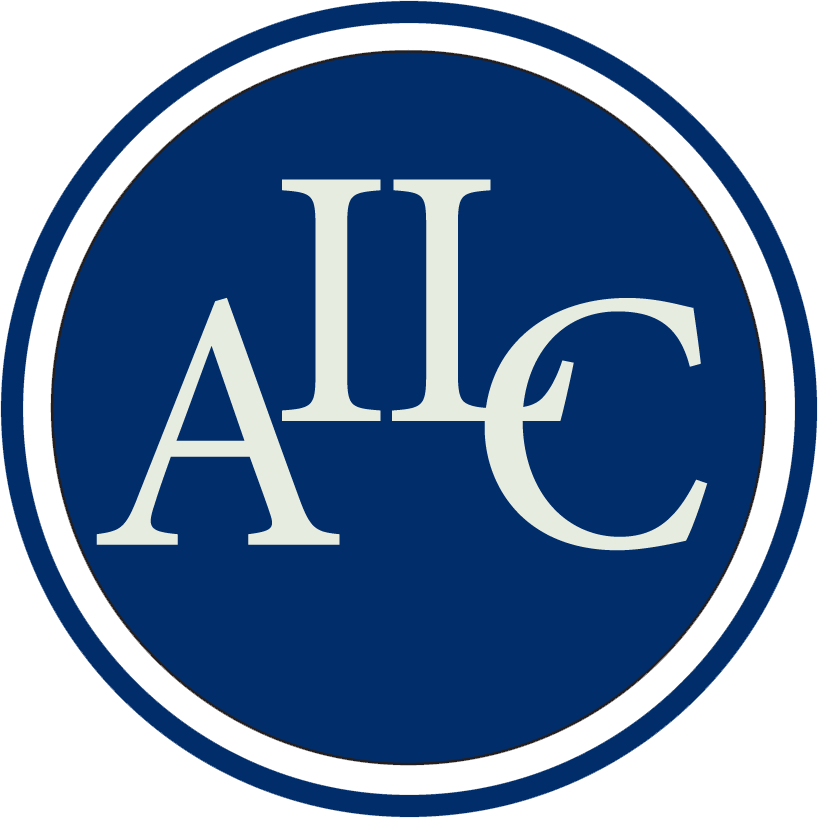
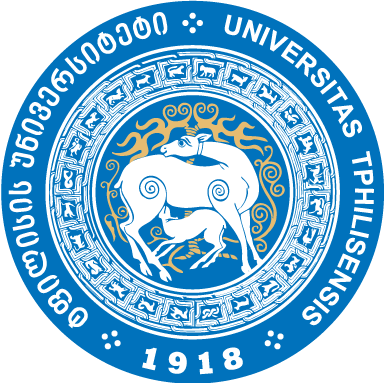

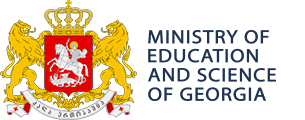
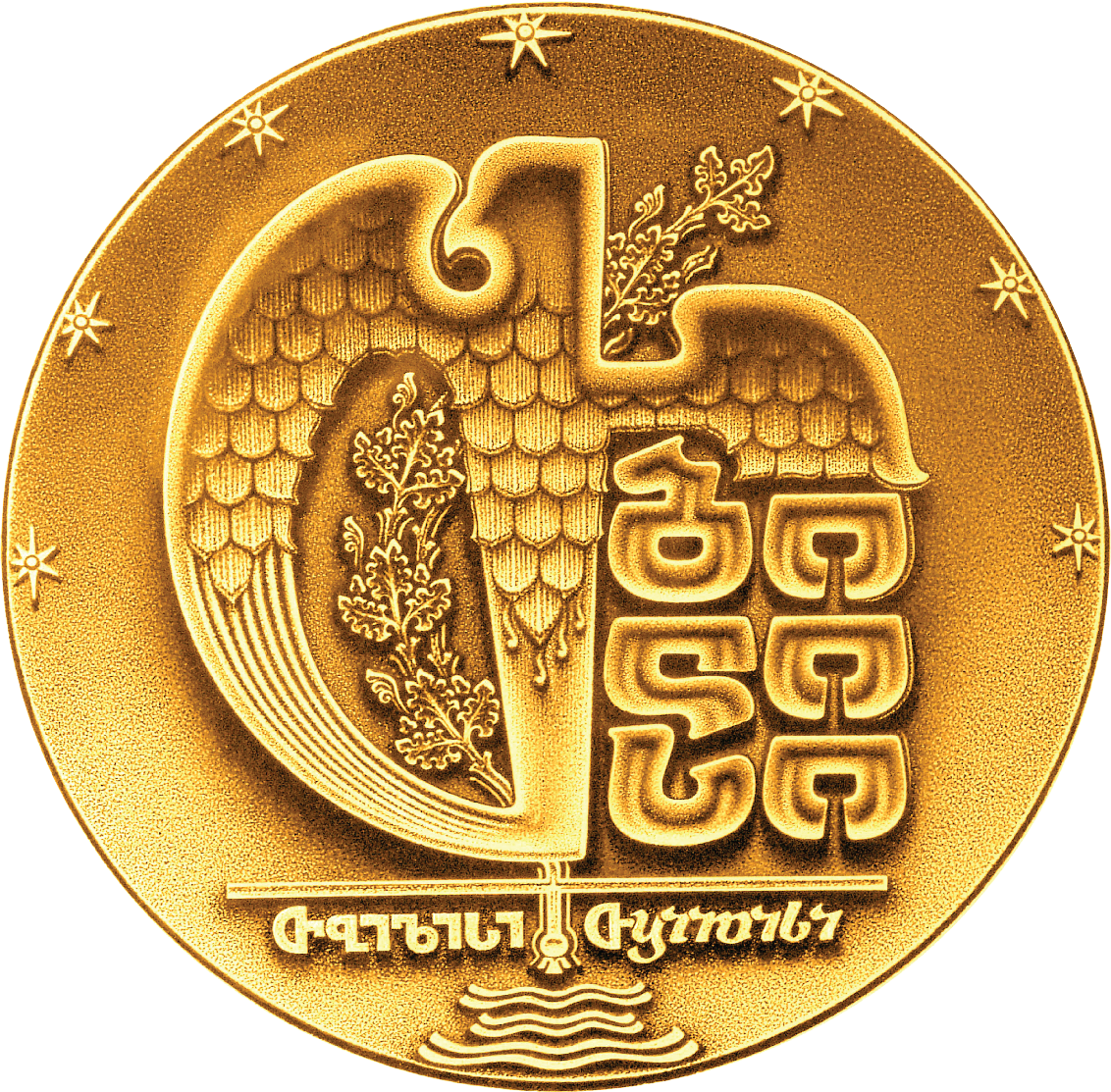

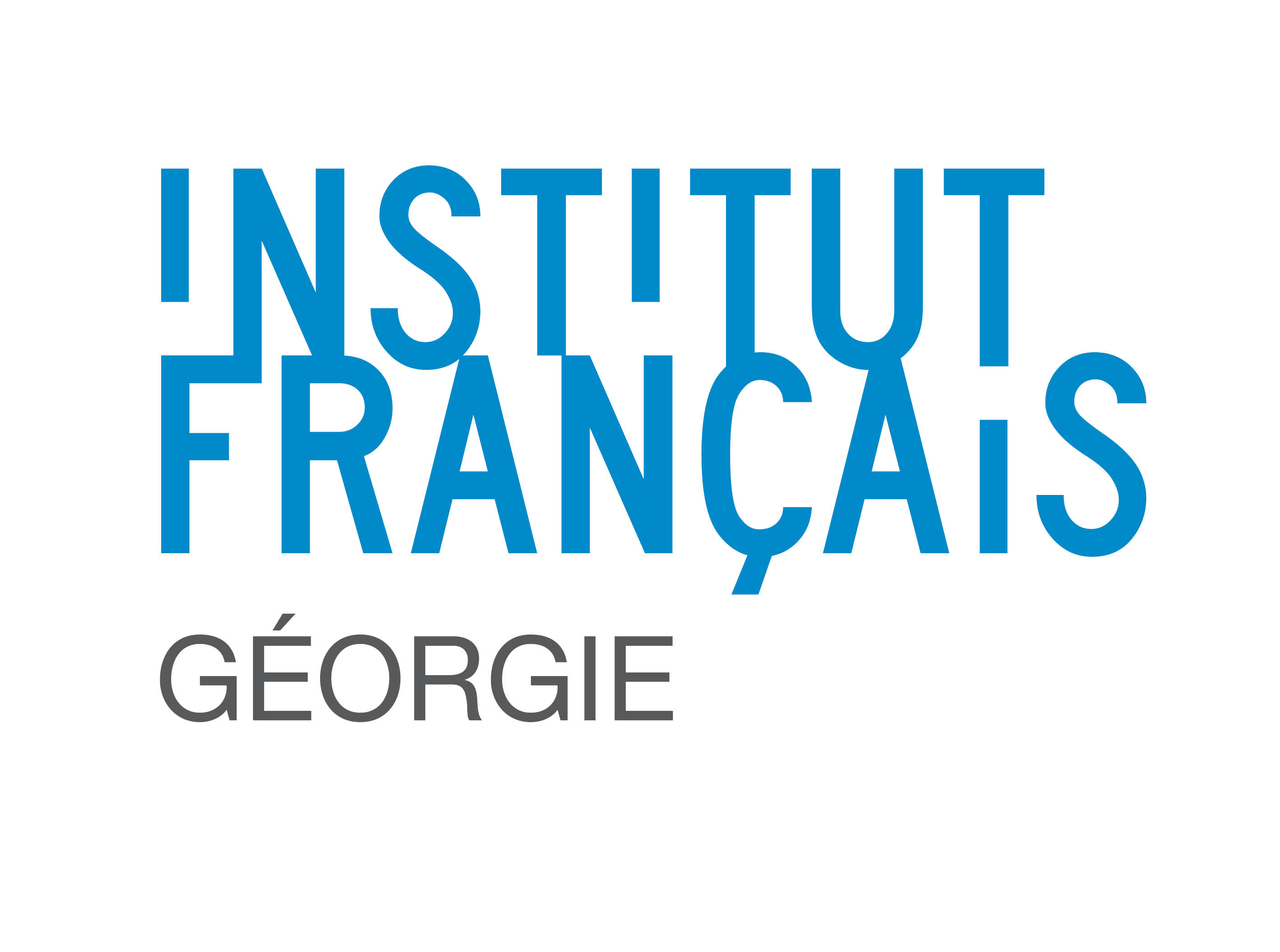


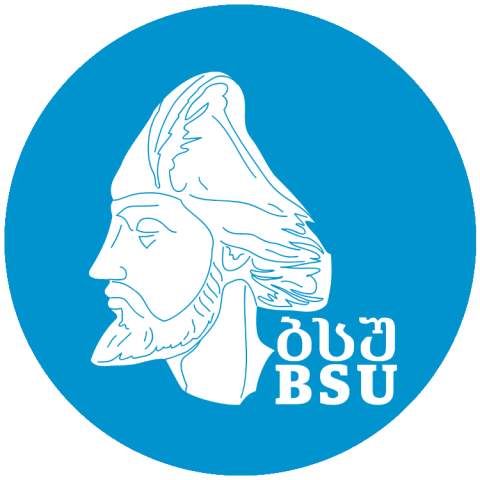

_001.png)

